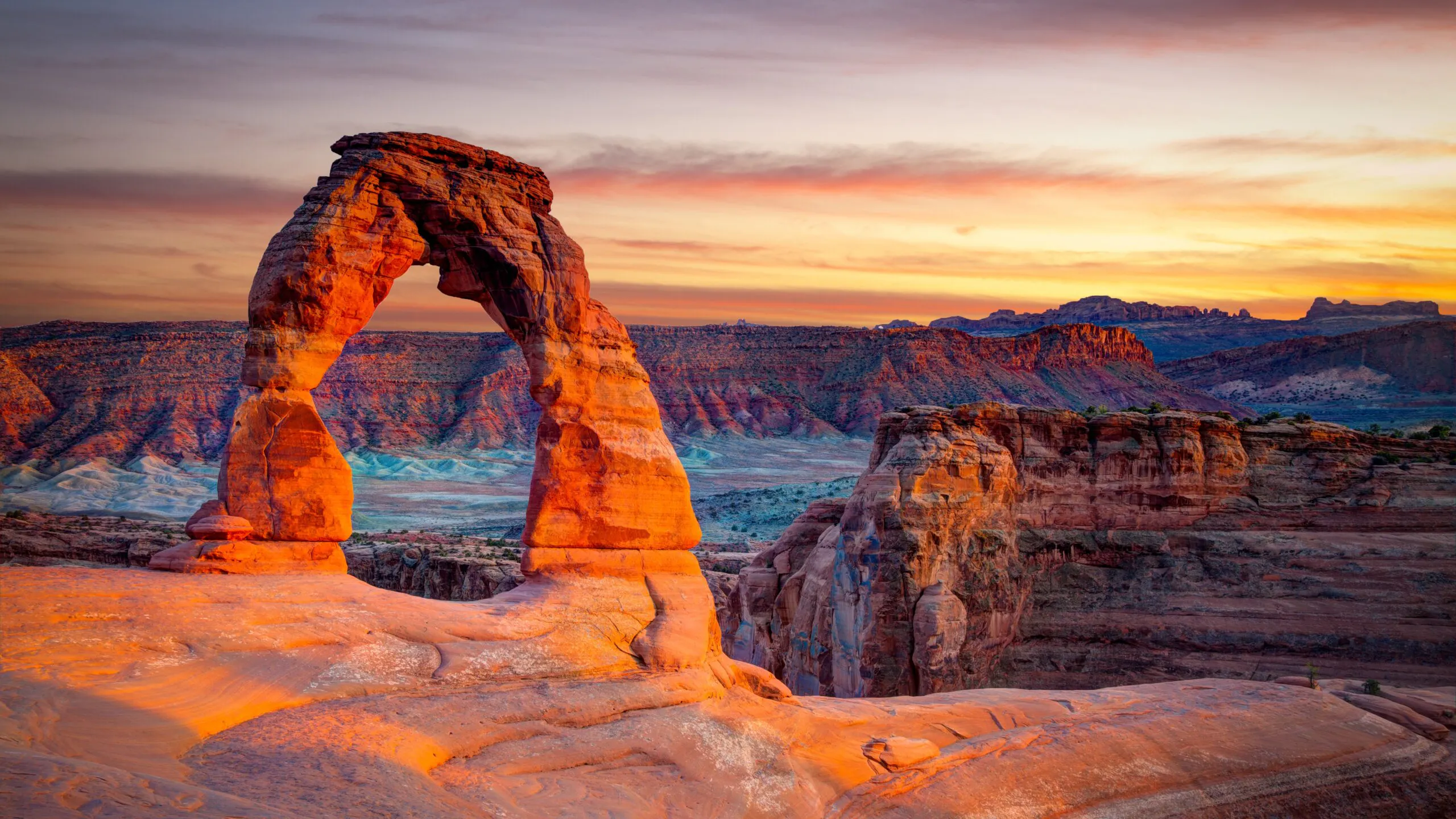Utah lawmakers advanced a bill this week to prevent the granting of inherent rights to nature, a movement gaining momentum among environmental activists.
House Bill 249, the “Utah Legal Personhood Amendments,” declares that only mankind may enjoy the legal rights and obligations of personhood. The Utah House passed the bill on Tuesday; it now faces consideration by the Senate.
The bill expressly prohibits the granting of legal personhood to any artificial intelligence, inanimate object, body of water, land, real property, atmospheric gas, astronomical object, weather, plant, nonhuman animal, and “any other member of a taxonomic domain that is not a human being.”
Republican State Rep. Walt Brooks brought forth the bill amid efforts by environmental activists to leverage current U.S. law to grant legal personhood to the Great Salt Lake.
Brooks explained during the House floor vote on Tuesday that a constituent brought the movement to his attention, a request he believed was in jest until he did his own research. Brooks said the bill was “common sense.”
“I had to explain to my kids that, you go to a dairy, those cows are pregnant because they need to be if they’re going to give milk. But, did anybody get the permission of a cow to get them pregnant?” said Brooks. “So, if they were a person, that would be sexual harassment.”
Democratic State Rep. Joel Briscoe indicated that nonhuman entities and beings should enjoy the legal rights of personhood, since corporations may have legal rights under U.S. law. Briscoe said he wasn’t sure whether granting personhood to the Great Salt Lake would be a good idea or not.
“What I do know is this: before I put into code, and vote to put into code, a prohibition against something that I’m told is dangerous without any examples, I would really love to see some detail[,]” said Briscoe.
In closing, Brooks impressed on the importance of definitions that reflect reality. He compared the hesitation to decline personhood for nature to the ongoing confusion over defining gender.
“What I do know is this: a person is a person, and a tree is not, neither is an animal, neither is a stream, neither is the air,” said Brooks. “I bet you if you went back ten years ago, no one had a question about what a woman was and what a man was, but we do get confused.”
Last month, Brooks told KUER that assigning personhood to something nonhuman wasn’t an appropriate preservation effort.
CLICK HERE TO GET THE DAILYWIRE+ APP
“We value animals. We value our rivers and streams, wetlands, whatever it may be, our lakes, and there’s ways that we can preserve them and go forward,” said Brooks. “But trying to mix the idea that it’s actually a human person is not appropriate.”
Environmental activists have already undertaken similar measures in other states.
Last October, Milwaukee County in Wisconsin passed a resolution granting nature equal rights to mankind with the aim of securing greater protections for the county’s bodies of water.
The movement to grant inherent rights to nature links back to the 2012 establishment of the United Nations’ Intergovernmental Science-Policy Platform on Biodiversity and Ecosystem Services (IPBES).
IPBES considers granting inherent rights to nature a significant public policy instrument.
The bill passed out of the Utah House with overwhelming support on Tuesday, with 58 members voting for it and 11 against. Only one Democrat voted for, not against the bill: State Rep. Ashlee Matthews.

.png)
.png)

